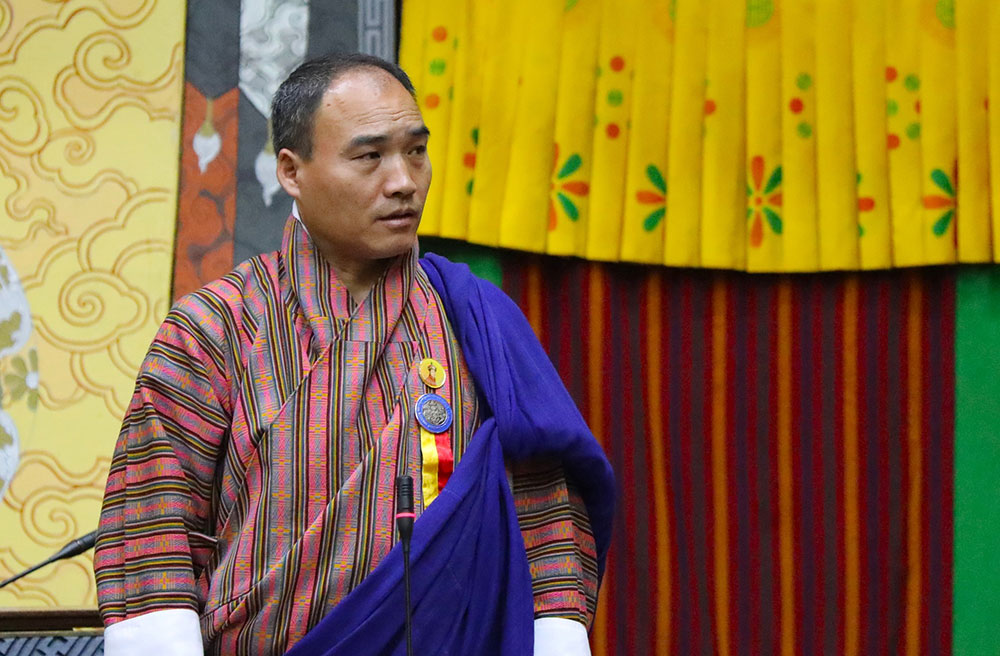
Ugyen Wangdi, MP for Drametse Ngatshang, proposed yesterday that Bhutan should extend the 10 percent incentive on remittance until the country accumulates sufficient foreign currency reserves (FCR).
He made this suggestion during the question hour at parliament, citing a decline in tourist visits and remittances from Bhutanese working abroad as factors contributing to the decrease in Bhutan’s FCR.
As of March this year, Bhutan’s foreign currency reserves had dropped by approximately 30 percent, amounting to USD 698.3 million, compared to USD 984.8 million in March last year.
The inflow of convertible currencies or hard currencies through remittances decreased by over 40 percent in 2022 compared to 2021.
Inward remittance, which amounted to Nu 8.06 billion or USD 108.74 million in 2021, nearly halved, with Nu 4.69 billion or USD 61.66 million recorded in 2022.
In an effort to encourage Bhutanese citizens to send money back home, the Royal Monetary Authority (RMA) raised the remittance rate from two percent to 10 percent for the period from June to December this year.
However, Ugyen Wangdi expressed skepticism about the amount of money that Bhutanese working abroad would be able to send within such a short period. He said that Bhutanese students studying in Australia, for example, typically require at least two years of work before they can start sending money home.
In response, Lyonchhen Dr Lotay Tshering said, “The country does not solely rely on remittance for FCR, it is just one of the alternatives to boost FCR, adding further that incentive is not a lifetime opportunity.
However, Lyonchhen said that the decision to continue, reduce, or increase the 10 percent remittance incentive would be based on a six-month evaluation period during which the incentive is provided. The conclusion of this period, he said, does not necessarily mean the complete withdrawal of the incentives. “We will assess whether the incentive has increased the inflow of remittances or if it has decreased, in order to make appropriate adjustments.”
Ugyen Wangdi also urged the government to explore opportunities for Bhutanese citizens working abroad to contribute to Foreign Direct Investment (FDI). Currently, only non-Bhutanese individuals from abroad can invest in FDI.
In response, Lyonchhen said that Bhutanese working abroad were aware of avenues where they can earn higher incomes, and the few hundred dollars they send home does not significantly impact the country’s economy. He said, “Although Bhutanese working abroad do not send money directly to Bhutan, they invest in other countries, such as Thailand, and import goods to sell in our country.”
“The contribution from remittances is not substantial due to our weak economy,” Lyonchhen said. “Increasing FCR is also challenging for our country because our currency is only functional domestically, and we spend more than we earn through business with other countries.”
Furthermore, Lyonchhen said that merchants in Jaigoan, who have accepted ngultrum (Bhutanese currency) from Bhutanese traders, are facing difficulties in converting ngultrum to Indian rupee. Indian authorities question the source of these funds, as conducting business with ngultrum in India violates the regulations of Bhutan. “ There is about Nu six billion with Indian merchants.”












